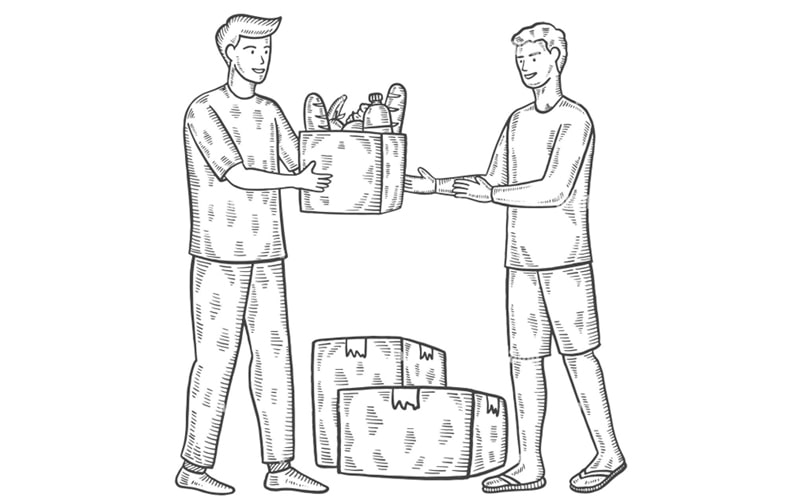
That’s how charity, the one that channels the very essence of God in our life, should be lived. It’s the charity for all seasons, for all conditions, the good times and the bad times, with friends or with enemies, etc.
We may have to deal with difficult people, sort out all kinds of issues, pursue the cause of justice where we can have victims and villains, friends and foes, believers and non-believers, etc., but we should never forget that in all these situations, charity has to be lived. In fact, the more difficult the situation is, the greater the charity ought to be lived.
We need to prepare ourselves to live out what St. Paul once articulated: “Because you are God’s chosen ones, holy and beloved, clothe yourselves with heartfelt mercy, meekness, and patience. Bear with one another: forgive whatever grievances you have against one another. Forgive as the Lord has forgiven you.” (Col 3,12-13)
Then he capped it all by saying, “And over all these virtues put on love, which binds them all together in unity.” (Col,3,14)
This, of course, is a tall order and requires nothing less than the grace of God and the willingness to go through what Christ went through with his passion and death. This is how we can pursue the perfection of our humanity when we live out God’s charity, as shown, taught and commanded on us by Christ.
Remember St. Paul saying that “charity bears all things, believes all things, hopes all things, endures all things?” (1 Cor 13,7) We better be prepared to live by that injunction, always asking for God’s grace and constantly cultivating virtues, as we go through the many tricks and snares of the devil and the world.
Thus, it’s important that we be sport and game in this life. We need to be charitable all the time. And let’s continue to struggle that it be so, or at least that we recover as soon as we can after a slip or a fall.
And charity means that we also have to understand and be merciful to the offender. In the case of the sources of the fake news, we should also be quick to understand and forgive them, even as we try to clarify the issue. Let’s see to it that our clarifications are free of bitterness, sarcasm, irony and like. Charity is not lived when these elements are present in our reactions.
Obviously, to be charitable as we should be, we have to learn to suffer. On this, we already have been amply warned by Christ himself. And yes, we can learn to suffer as long as we do our part to correspond to God’s grace that will always be given to us in abundance.
For this, we have to learn to see Christ in everyone, including those with whom we may have serious differences or are in conflict. We have to go beyond seeing others in a purely human way without, of course, neglecting the human and natural in us.
In short, we have to see others in a spiritual way, within the framework of faith, hope and charity. Otherwise, we cannot avoid getting entangled in our limited and conflict-prone earthly condition. And no amount of human justice and humanitarianism can fully resolve this predicament.
Thus, we need to develop and hone our skills of looking at others beyond the merely physical, social, economic, cultural or political way. While these aspects are always to be considered, we should not be trapped by them. (Fr. Roy Cimagala)



